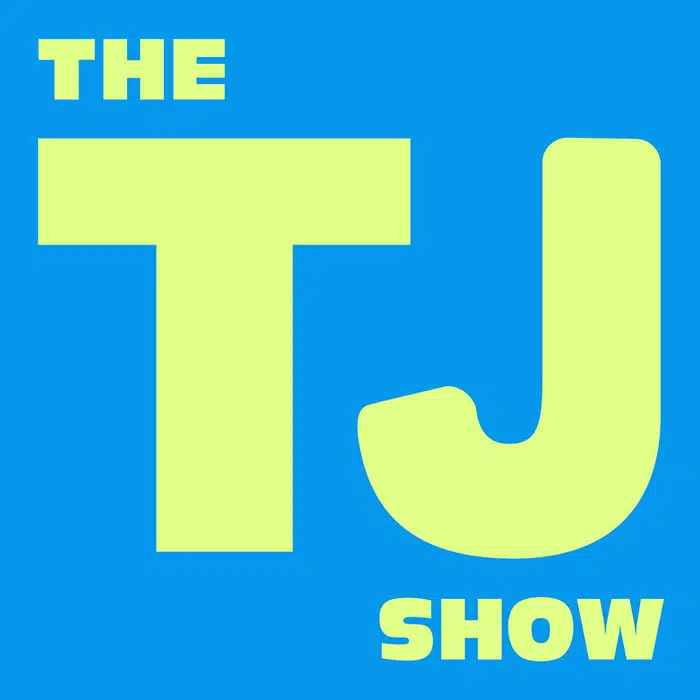By Alexander Cornwell, Parisa Hafezi and Jeff Mason
TEL AVIV/DUBAI/WASHINGTON (Reuters) – Israel and Iran kept up their attacks, killing and wounding civilians and raising concern among world leaders at a G7 meeting in Canada this week that the biggest battle between the two old enemies could lead to a broader regional conflict.
The Iranian death toll in four days of Israeli strikes, carried out with the declared aim of wiping out Iran’s nuclear and ballistic missile programs, had reached at least 224, with 90% of the casualties reported to be civilians, an Iranian health ministry spokesperson said.
Early on Monday, the Israeli military said it had detected more missiles launched from Iran towards Israel.
“At this time, the (Israeli Air Force) is operating to intercept and strike where necessary to eliminate the threat,” the Israeli Defence Forces said. Live video footage showed several missiles over Tel Aviv and Reuters witnesses said explosions could be heard there and over Jerusalem.
At least 10 people in Israel, including children, have been killed so far, according to authorities there.
Group of Seven leaders began gathering in the Canadian Rockies on Sunday with the Israel-Iran conflict expected to be a top priority.
German Chancellor Friedrich Merz said his goals for the summit include for Iran to not develop or possess nuclear weapons, ensuring Israel’s right to defend itself, avoiding escalation of the conflict and creating room for diplomacy.
“This issue will be very high on the agenda of the G7 summit,” Merz told reporters.
Before leaving for the summit on Sunday, U.S. President Donald Trump was asked what he was doing to de-escalate the situation. “I hope there’s going to be a deal. I think it’s time for a deal,” he told reporters. “Sometimes they have to fight it out.”
Iran has told mediators Qatar and Oman that it is not open to negotiating a ceasefire while it is under Israeli attack, an official briefed on the communications told Reuters on Sunday.
FIRST DAYLIGHT ATTACK ON ISRAEL
Explosions shook Tel Aviv on Sunday during Iran’s first daylight missile attack since Israel’s strike on Friday. Shortly after nightfall, Iranian missiles hit a residential street in Haifa, a mixed Jewish-Arab city, and in Israel’s south.
In Bat Yam, a city near Tel Aviv, residents braced on Sunday evening for another sleepless night after an overnight strike on an apartment tower.
“It’s very dreadful. It’s not fun. People are losing their lives and their homes,” said Shem, 29.
Images from Tehran showed the night sky lit up by a huge blaze at a fuel depot after Israel began strikes against Iran’s oil and gas sector – raising the stakes for the global economy and the functioning of the Iranian state.
Brent crude futures were up $1.04, or 1.4%, to $75.39 a barrel by 0115 GMT, having jumped as much as $4 earlier in the session. While the spike in oil prices has investors on edge, stock and currency markets were little moved in early trading in Asia on Monday.
“It’s more of an oil story than an equity story at this point,” said Jim Carroll, senior wealth adviser and portfolio manager at Ballast Rock Private Wealth. “Stocks right now seem to be hanging on.”
TRUMP VETOES PLAN TO TARGET KHAMENEI, OFFICIALS SAY
In Washington, two U.S. officials told Reuters that Trump had vetoed an Israeli plan in recent days to kill Iran’s Supreme Leader Ayatollah Ali Khamenei.
When asked about the Reuters report, Netanyahu told Fox News on Sunday: “There’s so many false reports of conversations that never happened, and I’m not going to get into that.”
“We do what we need to do,” he told Fox’s “Special Report With Bret Baier.”
Israel began the assault with a surprise attack on Friday that wiped out the top echelon of Iran’s military command and damaged its nuclear sites, and says the campaign will escalate in the coming days.
The intelligence chief of Iran’s Revolutionary Guards, Mohammad Kazemi, and his deputy were killed in attacks on Tehran on Sunday, Iran’s semi-official Tasnim news agency said.
Iran has vowed to “open the gates of hell” in retaliation.
TRUMP WARNS IRAN NOT TO ATTACK
Trump has lauded Israel’s offensive while denying Iranian allegations that the U.S. has taken part and warning Tehran not to widen its retaliation to include U.S. targets.
Two U.S. officials said on Friday the U.S. military had helped shoot down Iranian missiles that were headed toward Israel.
The U.S. president has repeatedly said Iran could end the war by agreeing to tough restrictions on its nuclear program, which Iran says is for peaceful purposes but which Western countries and the IAEA nuclear watchdog say could be used to make an atomic bomb.
The latest round of nuclear negotiations between Iran and the U.S., due on Sunday, was scrapped after Tehran said it would not negotiate while under Israeli attack.
(Reporting by Reuters; Writing by Howard Goller; Editing by Lincoln Feast and Saad Sayeed)






Comments